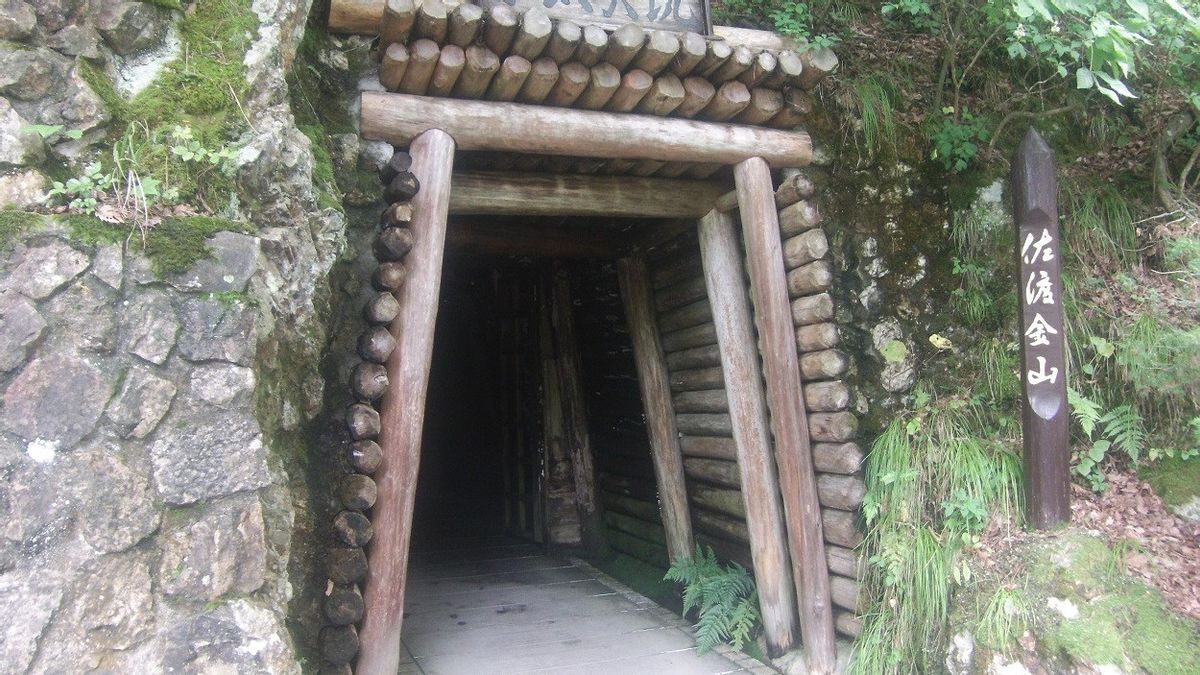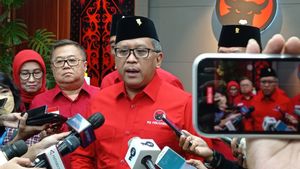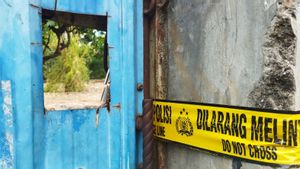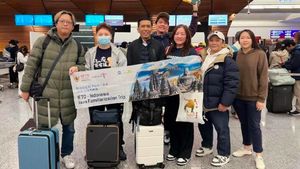JAKARTA - South Korea and Japan have protested against each other over the registration of wartime sites as World Heritage by the United Nations Educational, Scientific and Cultural Organization (UNESCO), testing diplomatic relations between the two countries.
In early February, the Japanese government submitted a letter of recommendation for a gold mine on Sado Island as a World Heritage to UNESCO, following Prime Minister Fumio Kishida's approval last week despite strong protests from Korea.
The Sado Mine was one of the world's largest gold producers in the 17th century, but was converted into a facility for producing war-related materials during World War II. The mine was closed in 1989. According to historical documents, as many as 2,000 Koreans were forced to work in the mines.
If all goes according to schedule, UNESCO will send its advisory body to inspect the mine site this fall and decide around May next year whether to add it to the list. The World Heritage Committee will then screen its opinion that summer.

To that end, Japan plans to form a task force to calm protests from South Korea and other countries. In response to Japan's efforts, the South Korean government has expressed strong regret, while also setting up a task force.
On Thursday, Foreign Minister Chung Eui-yong spoke on the phone with Japanese Foreign Minister Yoshimasa Hayashi, to protest his candidacy at UNESCO, while Cheong Wa Dae (South Korea's presidential palace) said it would respond to Japan's move in a systematic and multi-directional manner. .
Diplomatic observers say South Korea needs to recall its strategy used in 2015, when Japan sought to designate 23 Meiji Industrial Revolution sites as UNESCO World Heritage Sites.
They include Hashima Island, known as "Warship Island" in South Korea, where it is believed that between 500 and 800 Koreans were forced to work between 1943 and 1945, while 122 of them died.
Despite Japan's UNESCO nod, the South Korean government has focused its efforts on UN agencies urging Japan to recognize the use of forced labor during wartime.

UNESCO ordered Tokyo to prepare an interpretive strategy that would allow an understanding of the complete history of each site by December 1, 2022, although the Government of Japan has not yet implemented recommendations to recognize the use of forced labour.
"While it may seem unreasonable for the South Korean Government to go to great lengths to prevent Japan from seeking a UNESCO World Heritage list, it is mainly due to Japan's failure to mention that Koreans work hard on Hashima Island, raising concerns that the country may not mention the use of forced labour. in wartime," said Lee Won-deog, a professor of Japanese studies at Kookmin University, citing the Korea Times February 3.
"The South Korean government should set its sights on getting the Japanese government to refer to the wartime use of Korean workers in the Sado mine, which is its primary goal, rather than stop Japan from adding the site to the UNESCO list."
However, a possible downside is the fact that South Korea is not part of the 21-member World Heritage Committee, including Japan. In addition, Japan has a greater say in the organization, as it bears the second largest share of UNESCO's regular budget after China.

Japan also faces the burden of pushing forward with its candidacy plans, while harming trilateral cooperation with South Korea and the United States against North Korea's growing nuclear threat and other regional challenges.
According to Japan's Nikkei, US Secretary of State Antony Blinken and Foreign Minister of Japan held a telephone conversation Wednesday and discussed South Korea-Japan relations among other things, but added that the issue of the Sado mine was not on the agenda.
"Since the UNESCO issue could further frustrate the US government, which seeks three-way security cooperation on the North Korean nuclear issue, it may unsettle the Kishida Cabinet," Lee said.
To note, Since his inauguration in January 2021, the Joe Biden administration has sought trilateral defense cooperation, but to no avail due to the shaky relationship between its two main allies.
South Korea-Japan relations are at their lowest level in years due to historical and territorial issues.
The English, Chinese, Japanese, Arabic, and French versions are automatically generated by the AI. So there may still be inaccuracies in translating, please always see Indonesian as our main language. (system supported by DigitalSiber.id)








